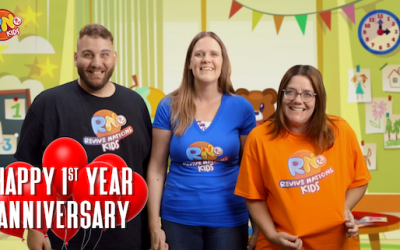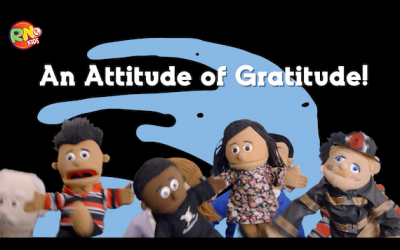By Sarah Evans
Last week we discovered how our children often take out their feelings of frustration on us, but that it is not us that they are angry with! We are merely the buffer; a place of ‘safety’ where they can release their ‘bottled-up’ emotions. As a result, our children will often say things that they do not mean.
And so, because our children are looking to us for guidance, in knowing how to better handle their feelings, we need to ensure that we are a good role model for them to follow.
Ask yourself:
How do I express frustration when my children are disrespectful to me? Do I exercise self-control (one of the fruits of the Spirit), or do I explode?
Our children will copy what they see us do. If we stay calm in times of frustration, they will learn to do the same. If we yell and scream in times of frustration, they will learn to do the same. And so, we need to teach them that it is OK to feel frustrated but it is not OK to say hurtful words, and to take their feelings out on us. We need to model for our children self-control, and teach them healthier ways to express their emotions.
“A person without self-control is like a city broken down, and left without walls” (Proverbs 25:28)
So when our children begin to send their frustrations our way, we must try and remember the following:
1. Do Not React in Anger; Exercise Self-Control
Keep your words to a minimum, encourage your child to take some ‘time out’ to calm down, take a step back and ask God to give you strength and wisdom (so you can be a godly guide for your child).
2. Do Not Allow the Hurtful Words of Your Child to Wound Your Heart
– Do not take it personally, it is not about you!
– When your child is frustrated, they do not mean what they say.
– Do not allow your own insecurities to blind you to the truth.
Our children need us to talk to them from a place of security and confidence, and so our insecurities do not need to be displayed for our children to see. If we react out of our own frustration, we are not helping them; we are making the situation worse! We need to show them a better way by remaining calm and confident, no matter how we may feel.
3. Do Not Allow Your Child’s Hurtful Words to Define Who You Are as a Parent
Remind yourself of God’s words and promises to you: you are His, and you have been given everything you need to be the best parent (not perfect) for your child, for ‘He will make you complete in every good work to do His will’. (Hebrews 13:21)
Filter the hurtful words out of your mind, by meditating on God’s promises.
Do not allow your own insecurities to hinder you, (fear of rejection/not being loved or accepted) and so become a stumbling block in your role as a parent.
4. Talk With Your Child Calmly, and Help Them to Discover Why They Are Frustrated
Ask your child “is everything OK?” “Is there something you would like to talk about?”
Ask yourself “what could my child be frustrated about?”
When you and your child are calm, it is also important to tell them ‘I do not appreciate you yelling at me. It is not acceptable to do this’. Help your child to know that it is OK to feel angry, but that it is not OK to sin in their anger (Psalm 4:4-5)
Our job as parent is to try and discover what is troubling our children, and then to help them to express their feelings in a more appropriate way, as well as to help them problem solve.
5. Brainstorm With Your Child On How They Can Better Handle Their Emotions
Encourage your child to begin recognising the early signs when they are beginning to feel angry.
Discuss what they can do differently next time, to avoid acting disrespectfully. “What can you do when you are upset next time?”
Remember our children are ‘adults in training’, and so they will make mistakes. Our job is to exercise patience and self-control, help them to see their mistakes so that they can make a different choice next time, and to love them unconditionally along the ‘bumpy’ way to adulthood.
Just as our Heavenly Father ‘does not look at our outward appearance but looks at our hearts’ (1 Samuel 16:7), let us see beyond the words of our children, and help them to express what they really mean to say.




